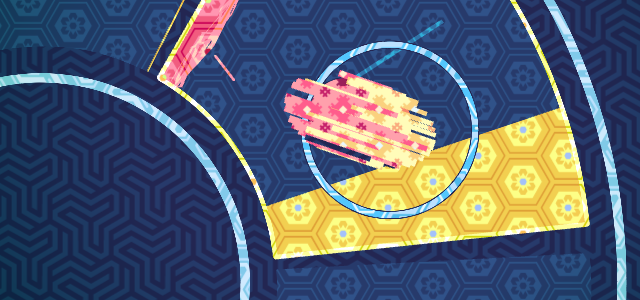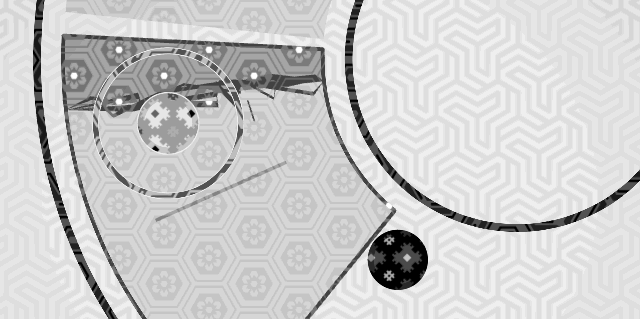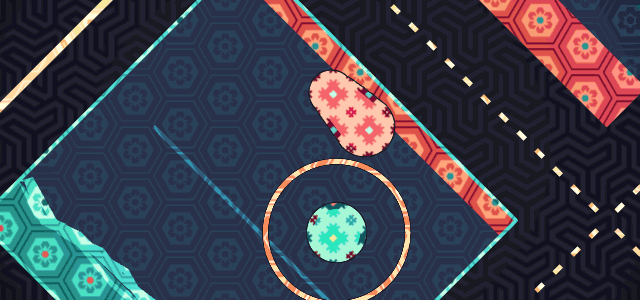JUMP TO
Introduction / Fundamentals / Dash / Cut / Wind / Ghost / Shoot / Poke / Nest / Pulse / Leech / Stim / Corp
PREVIOUS: Pulse
LEECH
Leech requires precision, delicacy and, at all times, a clear head. It is a difficult power to use well. Similar to Poke and Corp, when Leech fails its attack it will enter stun for a short amount of time. However, where the failure of Poke and Corp turn over possession of the ball, Leech's failure does not. Leech allows you to continue making the same mistake over and over and over in rapid succession. A natural tendency to go on tilt, therefore, is especially detrimental to a Leech player.

The primary benefit of Leech, I find, does not reside within the mathematics of the game, but rather within the mind of the other player: the idea that, at any time, you might begin to leech. This idea manifests both in the opponent's fear of losing points/shield to your leech, and in the desire to block your leech attempt, thereby stunning you. Each desire incites a premature reaction to an imaginary threat, resulting in over-frequent blocking and eventual loss of shield.
As the leech player, then, your goal should be to lend credibility to one mindset or the other. You should spend time either leeching very well or leeching very poorly before ceasing to leech at all. During these periods, you should be willing to lose some amount of points (conditioning the other player comes with a cost). It's more advantageous to instill fear, rather than overconfidence, as this will lend you more of an initial lead in points, but against certain opponents it simply may not be possible. As a rule, whenever the opponent believes you are leeching frequently, you should not be using leech, and whenever the opponent believes you are not using leech, you should be leeching frequently. For leech to succeed, you must feint them into intuiting your gameplan incorrectly, without incorrectly guessing theirs.

For the most part, the short-term benefit of a leech is less than that of a steal. However, there are certain situations in which leeching is vastly more useful.
Three things happen every time you leech: you drain your opponent's shield, you prevent your opponent from gaining points and you yourself gain points. Now, if you leech the opponent's shield to zero, your leech will automatically cancel into a steal. In certain situations, the opponent may have such a small sliver of shield remaining that it will take you less than 10 frames to leech it all away. Stealing lasts 10 frames and grants the opponent more points when blocked, so, in such situations, you should always leech rather than steal. Similarly, if you need only a few points more to capture a zone, it is likely safer to leech than to steal.

Unintuitively, you should occasionally commit to holding a leech until the opponent blocks you. Capable defenders tend to play by prediction, rather than reaction, and are therefore less likely to react quickly to a long leech. At times, a clever defender will predict a wait from you and will plan to wait in turn. It is enormously beneficial to call out such pauses with a long leech. Given that most of your leeches should last only a few frames, the defender must first realize this that leech is different from the others. Once they make this realization, they must decide whether to risk blocking right now, or to hope that your leech will end soon. Should they block as you release, they'll be in a doubly bad position, spending their own shield for nothing. On the other hand, should they incorrectly predict your release and wait while you continue, they risk losing both shield and points. Many defenders, even good defenders, will be unprepared to make this choice. Pay attention to their reaction, as they will likely repeat this choice in the future.
NEXT: Stim